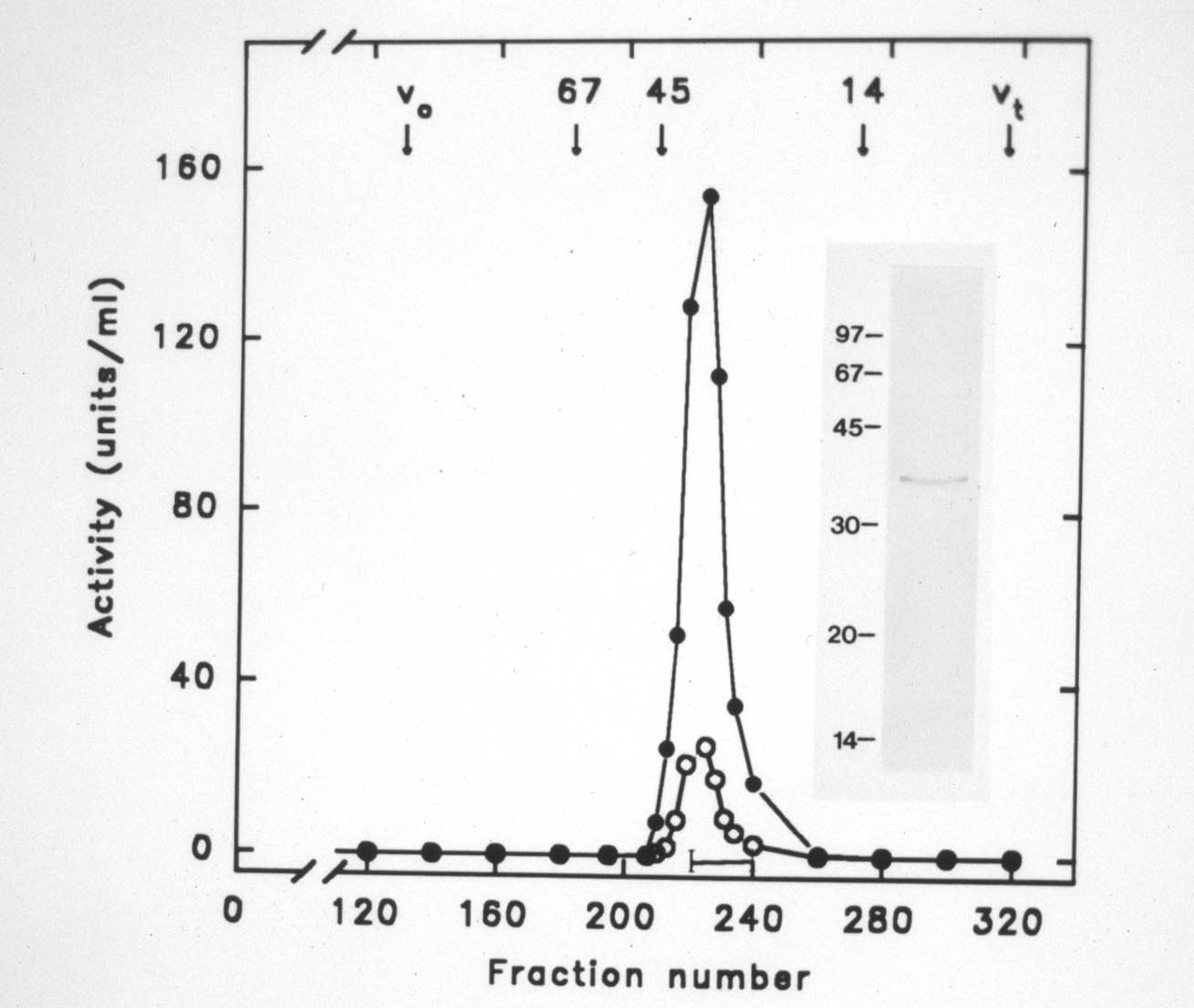AK/PAK2 Assay Kit
Description: Useful for determining the activity of the catalytic domain of PAK2 (AK) or related protein serine kinase. Can be used to evaluate the effect of a test substance on the activity of AK or to identify new physiological substrates of the kinase. Kit provides for 50 assays. Assay is based on the reaction of AK with myelin basic protein (MBP) and [γ-32P]ATP. Kit includes directional insert and contains solutions of MgATP, MBP, assay and dilution buffers, and a sample of purified AK. Store solutions at -70° C. Avoid repeated thawing. [γ-32P]ATP and trichloroacetic acid are not provided with kit.

Synonyms: Auto-Activated Protein Kinase Assay Kit; Autophosphorylation-Activated Protein Kinase Assay Kit; Assay Kit for Catalytic Domain of PAK2; Assay Kit for Catalytic Domain of p21-Activated Protein Kinase.
Background: The p21-GTPase activated protein kinases (PAK’s) represent a family of enzymes that are involved in cytoskeleton organization, apoptosis, neuronal regulation and other signal transduction processes. PAK’s have been found to interact with protein phosphatase 2A (GLO130 - GLO132), ribosomal protein S6 kinase, Mixed Lineage Kinase (MLK2), the SH3-SH2 adapter Nck and other regulatory proteins.
The catalytic domain of PAK2 was originally isolated as a relatively rare auto-activated protein kinase (AK, GLO111-050, GLO111-100), so termed because the purified enzyme underwent rapid autophosphorylation and marked (15-30-fold) activation. Unlike native PAK, AK does not require the p21-GTPases Cdc42 (GLO128-005, GLO128-025, GLO128-050) and Rac for full activation. Subsequent discovery of the PAK family of enzymes followed by amino sequence analysis of AK revealed that the purified preparations were equivalent to the catalytic domain of PAK2. Interestingly, AK is a physiologically relevant form of PAK2. It is produced from PAK2 via a caspase-dependent pathway in apoptotic cells.
